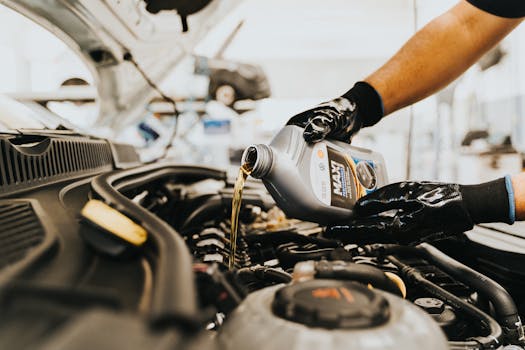
Essential Tips for Effective Car Engine Maintenance
Takeaways: Regular engine maintenance is crucial for vehicle longevity. Key practices include timely oil changes, monitoring fluid levels, and conducting routine inspections. Always use high-quality fluids and consult professionals for complex issues.
Maintaining your car’s engine is essential for ensuring its longevity and performance. As the heart of your vehicle, the engine requires regular attention and care to keep it running smoothly. In this article, we will discuss the best practices for effective car engine maintenance, helping you to avoid costly repairs and ensuring safety on the road.
1. Regular Oil Changes
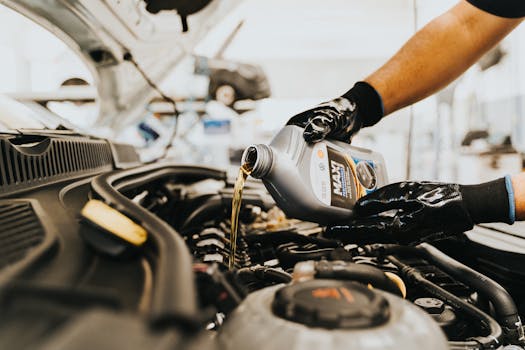
It is advisable to check your owner’s manual for the manufacturer’s recommendations on oil change intervals, typically every 3,000 to 7,500 miles, depending on your vehicle and the type of oil used. Additionally, consider switching to synthetic oil if you haven’t already, as it offers better protection and longer change intervals.
2. Monitor Fluid Levels
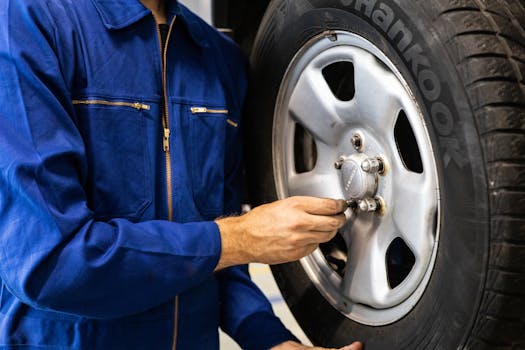
Make it a habit to inspect these fluids at least once a month. Ensure that you top them off when necessary and look for any signs of leaks that could indicate a bigger problem. Keeping these fluids at optimal levels is key to maintaining engine performance.
3. Replace the Air Filter
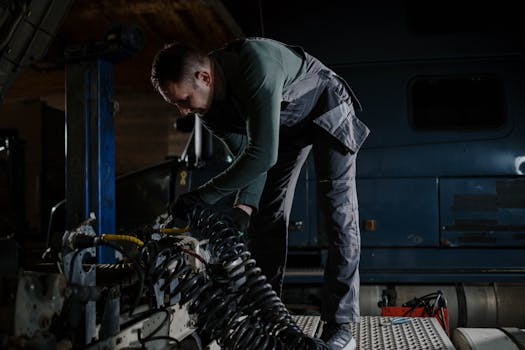
Check your air filter regularly and replace it according to your owner’s manual, or at least once a year. This simple maintenance task can significantly improve your engine’s performance and longevity.
4. Inspect the Spark Plugs
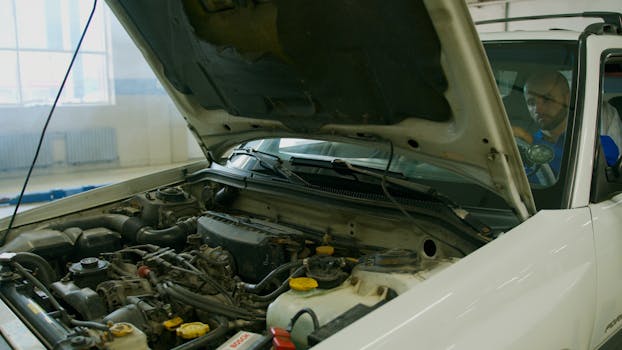
Inspect your spark plugs regularly and replace them based on the manufacturer’s recommendations. If you notice any signs of wear, such as corrosion or discoloration, it’s time for a replacement. Properly functioning spark plugs can enhance fuel efficiency and overall engine performance.
5. Regular Tune-Ups
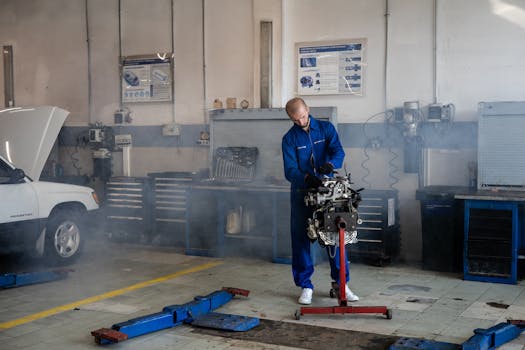
Schedule a professional tune-up at least once a year or as recommended by your vehicle’s manufacturer. This proactive approach can help identify potential issues before they become major problems, saving you time and money in the long run.
6. Keep the Engine Clean
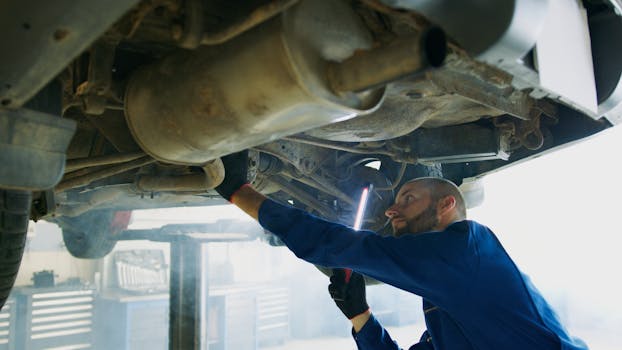
Use a gentle engine cleaner and a soft brush to clean the engine bay, being careful not to damage any electrical components. A clean engine not only looks good but also runs better, as it can dissipate heat more effectively.
Conclusion
Maintaining your car’s engine is crucial for ensuring its longevity and performance. By following the tips outlined in this article—regular oil changes, monitoring fluid levels, replacing the air filter, inspecting spark plugs, scheduling tune-ups, and keeping the engine clean—you can keep your engine running smoothly for many years. Regular maintenance not only saves you money on repairs but also enhances your safety on the road. Take the time to care for your engine, and it will reward you with reliable performance.




